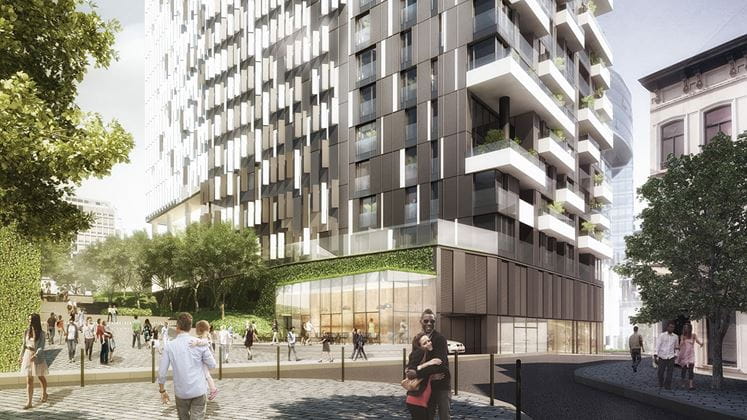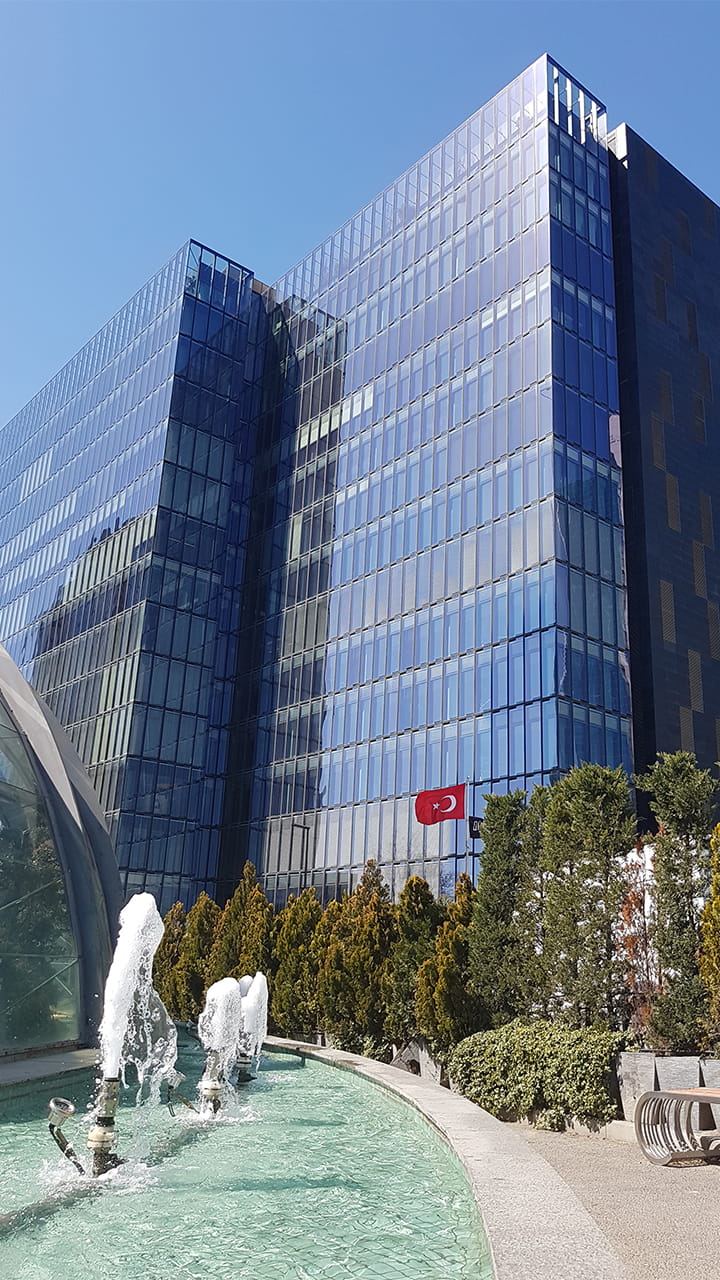2017-05-02 / News
"The frame is what makes the difference"

Its structural strength enables light and slim-line frame constructions. Its high thermal conduction capacity has to be compensated. Here, the Turkish company is relying on insulbar insulating profiles and their "Made in Germany" quality. "Since we set ourselves the ambitious objective of becoming the best façade company in the world by 2023, we are relying on excellent partners," explains Biler. "This particularly applies to our efforts to continue increasing the energy efficiency of our solutions, since the building envelope has a significant influence on a property’s comfort and cost-effectiveness."
Metal Yapi fits an increasing number of prestigious buildings with thermally insulated façade systems and is currently achieving Uw-values up to 1.2 W/m2K in Turkey. Whereas the Mediterranean climate is somewhat mild, demand for even lower U-values is increasing in cooler climate zones. With insulbar, the façade specialist is even achieving passive-house standards in accordance with PHPP, such as with "The One" (0.90 W/m2K) and the "Belliard 40" (0.75 W/m2K) in Brussels, Belgium. The "Orjin Maslak" (1.26 W/m2K), a 16-storey office complex in Istanbul, with its façade is the first building in Turkey to obtain a LEED Gold certificate in April 2015 – not least thanks to insulbar insulating profiles.
